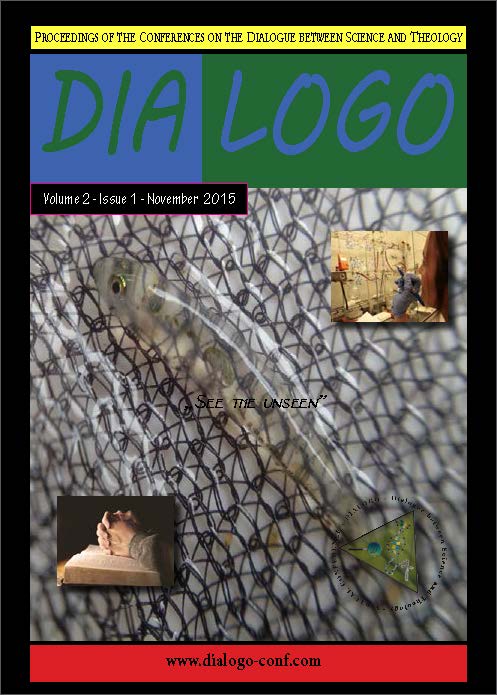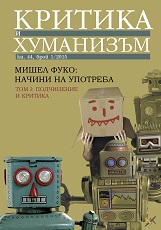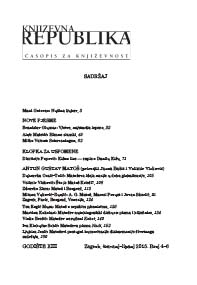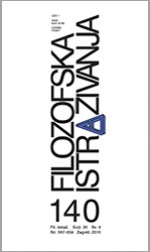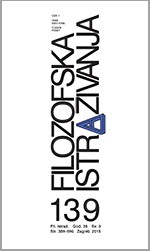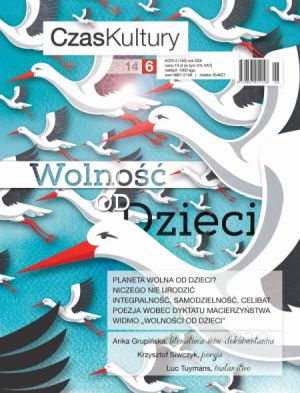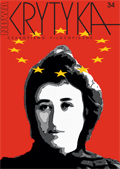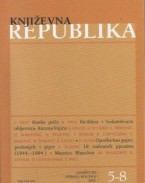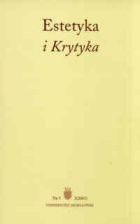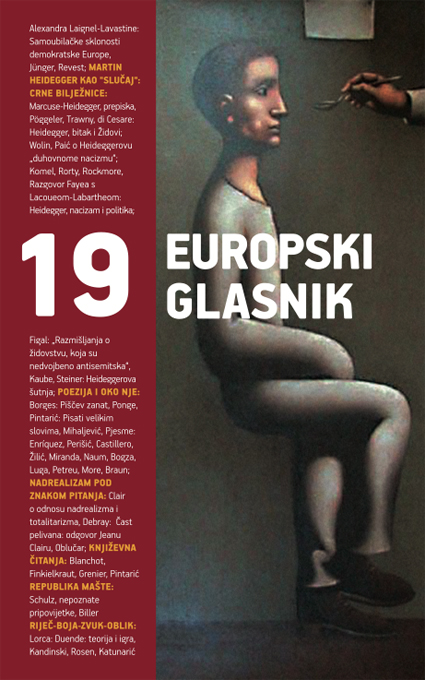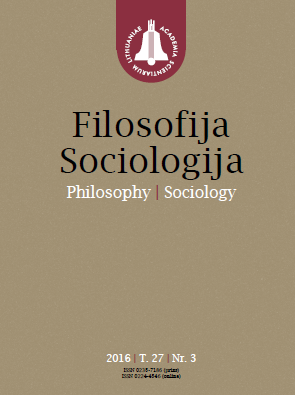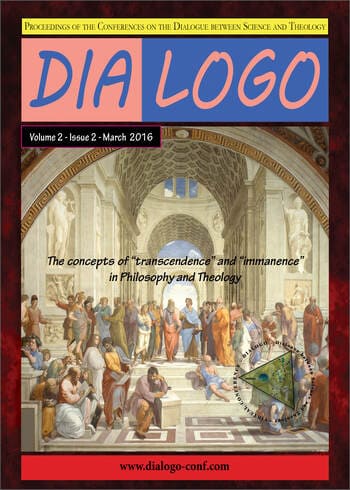
The Transcendence in Lucian Blaga’s Philosophical Thinking
On the occasion of the conference on Transcendence and Immanence - a topic building on the dialogue between philosophy and theology in the modern and post-modern time -, among the produced subjects, a discussion was held on the role played in respect with this dialogue by the inter-war famous philosophers, such as Lucian Blaga and Dumitru Stăniloaie. Below, we will present the issue of Transcendence according the philosopher-poet Lucian Blaga’s vision; his vision is structured into a Trilogy in his work: The Trilogy of Knowledge - The Dogmatic Aeon, The Luciferic Knowledge, The Transcendental Censorship - The Trilogy of the Culture - Horizon and Style; The Mioritic Space; The Genesis of the Metaphor and The Meaning of Culture - and The Trilogy of Values - Science and Creation; Magic Thinking and Religion; Art and Value. In these trilogies, the philosopher - poet elaborates, from an original metaphysical point of view, on the dimension of the knowledge of Transcendence - which he would define in in The Horizon of Mystery and Revelation. His vision will be addressed in a new theory of knowledge, which the philosopher-poet Lucian Blaga would distinguish as paradisiac knowledge and Lucifer knowledge, within a new Metaphysics that would allow access to Transcendence and to the wonders beyond. Postulating the existence of certain faculties of Conscience, his Metaphysics would become, according to the Theory of Transcendence, a must for the human spirit; a proof for his approach would be the great philosophical systems of the world, from the antique to the modern.
More...
